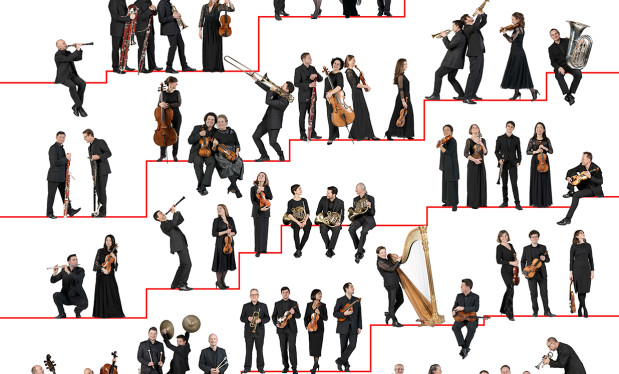NOSPR / Manze / Bernhard / Foster-Williams / Requiem for the Human Soul - NOSPR
NOSPR / Manze / Bernhard / Foster-Williams / Requiem for the Human Soul
Ein deutsches Requiem (A German Requiem) is a work full of paradoxes. It does not constitute a musical setting of the liturgical text used in the Mass for the Dead, but rather a sequence of passages from the Old and New Testaments selected and assembled by the composer himself. Truth be told, Brahms chose their German translation, but – as he himself asserted – he ‘would gladly omit even the word German and simply put Human.’ This is not a ‘national’ or confessional work, but a universal and non-denominational one. Despite the title, it is not church music in the traditional sense, but concert music in the strictest sense. There is more consolation in it than grief. When Brahms composed his opus 45, he was only thirty-five years old, though one might have thought him a man of the wisdom and experience of a sage, and a composer with the musicianship of a seasoned master. There is nothing pompous about the music of A German Requiem. Instead, it leans more towards the sensual, even at times meditative. From a technical perspective, it is an apotheosis of monodic simplicity interwoven with polyphonic sophistication. In this work Robert Schumann’s early prophecy, written when Brahms was just twenty, comes true: ’Whenever he bends his magic wand, there, when the powers of the orchestra and chorus lend him their aid, further glimpses of the magic world will be revealed to us.’
Piotr Matwiejczuk
Everything you need to know before you come to the NOSPR – practical advice for those attending events
We kindly request that you familiarise yourself with the information concerning parking in the Culture Zone – important information about parking.
Upcoming events

JazzKLUB / Rudi Mahall's Almost Danish Quartet / Standards with a Playful Twist
Chamber Hall
Buy ticket












